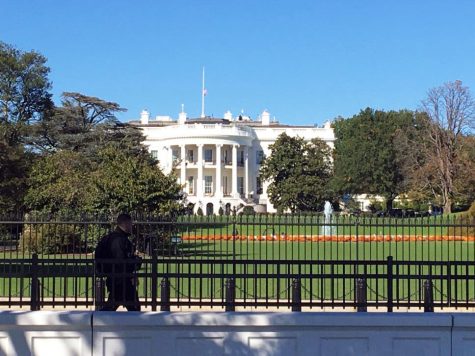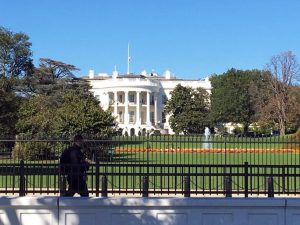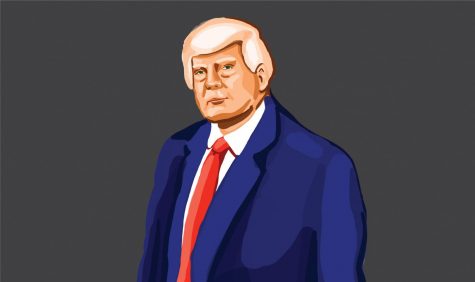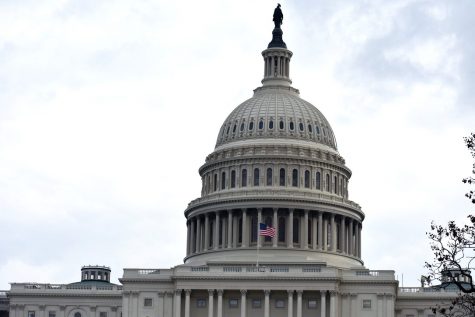Impeachment trial begins in the Senate
Trump hopes for quick acquittal
January 21, 2020
One day before the trial of President Donald Trump was set to begin in the Senate, his legal team sent out their formal response, an extension of the form released Jan 18. The form stated the charges decided on by the House of Representatives are not impeachable offenses or even a crime at all, and are calling for the trial to be dismissed.
“House Democrats settled on two flimsy Articles of Impeachment that allege no crime or violation of law whatsoever — much less ‘high Crimes and Misdemeanors,’ as required by the Constitution,” President Trump’s legal team wrote.
While Republican senators are generally in support of the argument, the Democratic House managers who are the prosecutors in the trial, responded to the argument with a nine-page brief arguing Trump is a danger to national security.
“The Framers deliberately drafted a Constitution that allows the Senate to remove Presidents who, like President Trump, abuse their power to cheat in elections, betray our national security, and ignore checks and balances,” House managers wrote.
U.S. Supreme Court Chief Justice John Roberts swore in all 100 senators as official jurors Jan. 17
Once the trial begins, all senators and the chief justice will be required to be in attendance. If the Senate decides to bring in new evidence and witnesses, the trial could run through the Iowa caucus Feb. 3 when three potential democratic nominees will be on hiatus from their campaigns. The trial will likely run through Feb. 4, the day of the annual State of the Union Address. This means Trump could deliver his fourth State of the Union Address while on trial.
Senate Majority Leader Mitch McConnell released the rules for the trial Jan. 20. In an effort to rush the trial by McConnell, each side will be given a 24 hour period to present their arguments refined into two working days. The rules also state senators must vote with regard to any evidence, even if it was used in the House of Representatives.
During the Clinton impeachment, the Senate had a closed trial, meaning no press were allowed in, McConnell is calling to do the same. So far several restrictions have been put in place against reporters covering the impeachment trial including limiting their press passes to only give them access to a select area, as well as prohibiting the press to approach senators for interviews anywhere around the chamber. There is also a limit on the technology that is allowed to be used.







